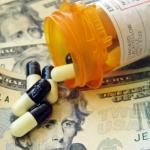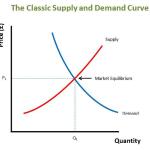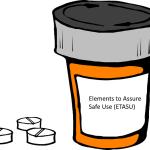The high cost of prescription drugs is a source of universal frustration.
drug prices
Media buzz is afoot surrounding the announcement pharmaceutical companies will be raising U.S.
Supply and demand, what could be more straightforward. As demand increases so does supply; more demand than supply – higher prices; more supply than demand – lower prices.
The Trump administration made three proposals last week to influence drug prices, the good, the bad and the ugly.
To protect their revenues, and as a result, keep drug prices high, brand-name drug manufacturers have tried several means to stop or slow the entry of comparable generics.
"Taste great! Less filling!" This mindless Miller Lite commercial was shoved down our throats beginning in 1974 in what could be reasonably be expected to be found in a remake of Clockwork Orange. As if:
In the unlikely event that your "people who are talking out of their ass" list is growing too short, fear not. Help is on the way.
The rising price for EpiPens, a drug delivery system that is crucial for persons experiencing potentially life-threatening allergic reactions, has resulted in outrage.
News reports emanating from family of









